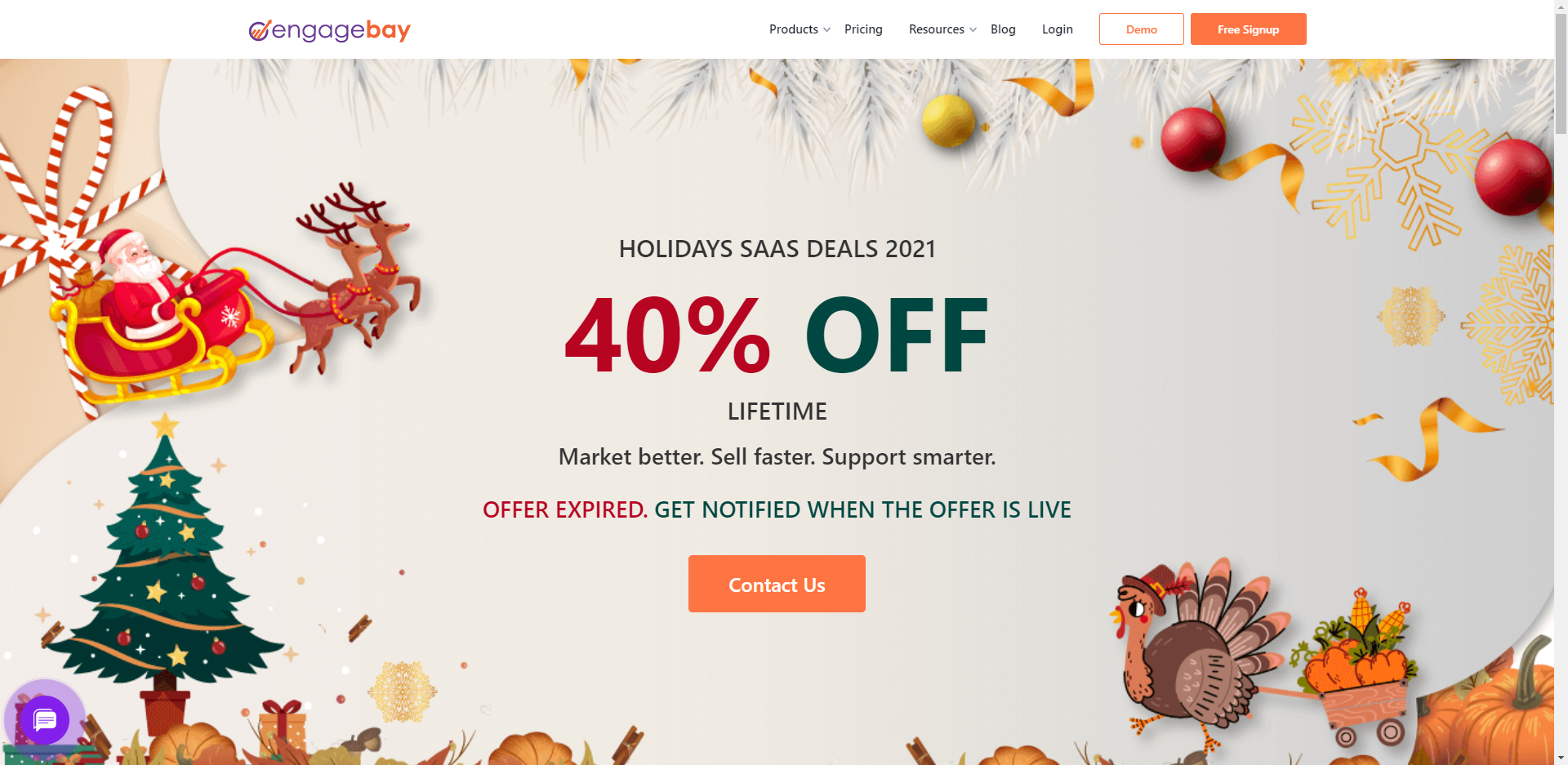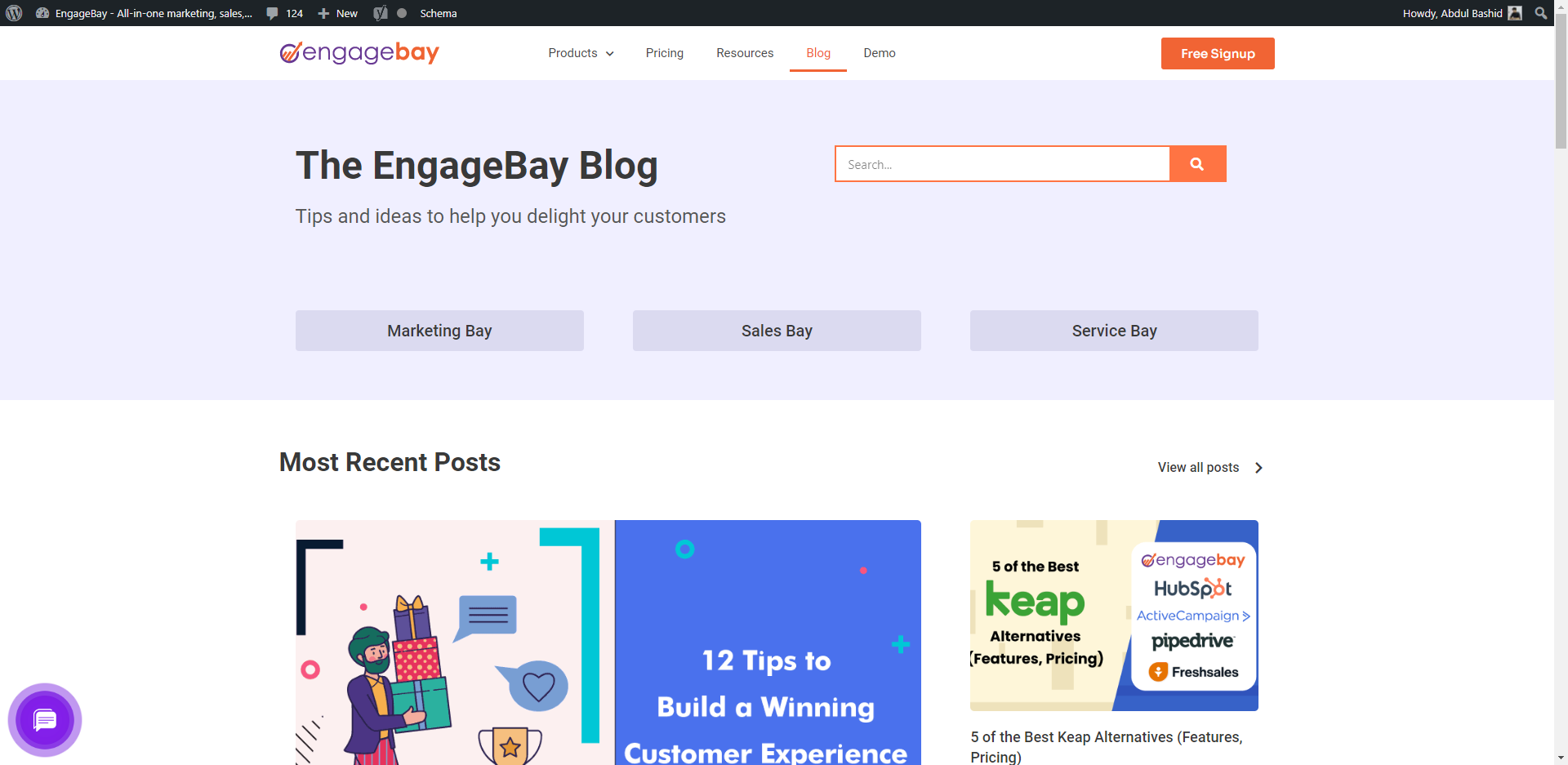One of the most important metrics that marketers track is engagement. Whether you want to call it on-ground marketing or experiential marketing, it is intended to bring customers into the company experience.
To make landing pages work for your small business, you should also look at making pages for the following elements as well.
Pay-per-click (PPC) advertising means you’re spending money for your advertisement only when a lead or customer engages with it. These ads will still appear across the Internet, including apps, websites, social media, and search engines.
You already know from reading Chapter 1 that most leads who arrive on your landing page have clicked an ad they saw somewhere online. Many marketers prefer their PPC ads to redirect leads to a landing page for more conversions.
If you want to do the same, you might use advertising platforms across many social media sites like Reddit, Twitter, and Facebook.
Google Ads is also worth considering if you have a segmented, niche audience interested in specific keywords.
Another marketing segment for businesses is affiliate marketers. These marketers receive deals and freebies from retailers. In exchange, they have to recommend said retailer to their audience. These referrals benefit all parties involved.
Some people have mixed feelings about affiliate marketing. If you do practice it, be sure to be upfront about your involvement. That should be enough to address any negative comments from your visitors.
How do you relate affiliate marketing to landing pages? That’s a good question. You might make aresources page as a landing page that introduces potential customers to your product, service, or even the industry. Along the way, you might redirect leads to other relevant pages that include even more resources. Doing so allows you to get more commissions when people purchase your products or services.
Besides a resource page, you might make what’s known as a long-form squeeze landing page. This is a page in which you showcase a single product and a mini-website just for that product. This mini-website is on a single landing page with just one URL.
Do you have a live event you’re planning for your company's brand? Maybe it’s a product launch, a webinar, a speech, or an expo. Regardless of what it is, you can still use landing pages to inform and build up hype about your upcoming event.
For instance, if you are going to appear at an expo or some other marketing event, you can make a landing page specifically to drive ticket sales. All you have to do is write a few paragraphs about the event and then add a button for leads to purchase tickets. If you’re accepting registrations for an event, you can do something similar.
You can also use a landing page with a countdown timer if you’re planning a live webinar or product launch.
Regardless of which type of events you promote on a landing page, you want your page to have plenty of engaging media. Images and videos give people a feel for the event and entice them to participate.
If you need more leads, you can make a lead generation landing page, as we outlined in Chapter 1. What if that page isn’t converting as well as you wanted? In that case, you can try a landing page that is heavy on content marketing.
Just as a refresher - content marketing uses written content (often long-form blogs) to engage with your audience and drive sales and traffic. Readers can share your content on social media and instant messaging apps. They can engage with you by writing comments as well.
The best content marketing will get readers interested in your products and services, and maybe even ready to buy. Of course, all content does not need to be salesy; remember, this is not a sales page.
Your main goal with content marketing should always be delivering value to your readers. That value might be to inform them, educate them, or make them think. It will vary depending on your industry and niche. If you’re not sure what kind of posts are working best for you, just look back on your content history and find the ones that drove the most traffic. Write similar posts more often.
Our last point on content marketing is the need for it to be relevant yet timeless. This refers to content that is not time-sensitive, and stays relevant over a long period of time. If you’re writing about time-sensitive issues, you will have to go back and update these posts regularly. Failing to do this will make your content old and soon, nobody will be searching for it.
As a business owner, you should be aware of landing pages that deal with affiliate marketing, content marketing, PPC, and event promotion. These pages drive engagement, and increase leads and sales for your company.
To optimize your business landing pages, it’s recommended to add a lead capture form, privacy policy, and clear headlines and subheadings. You should also refrain from complicated navigation that makes it too hard for a lead to find their way around the page.
The look of your landing page is also incredibly important. In Chapter 3, we are going to discuss landing page templates and how to choose one that will help you meet your business goals.



